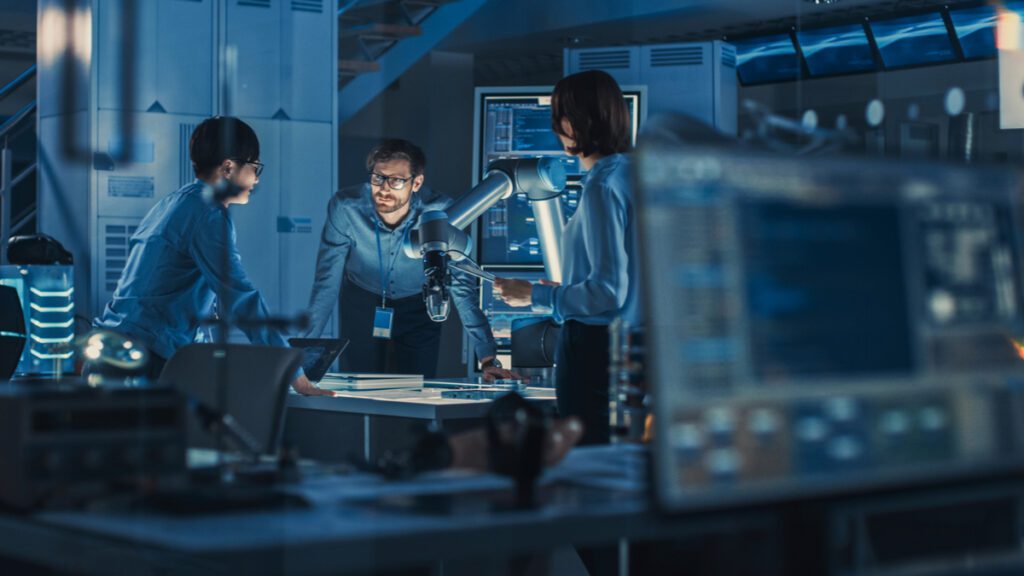Automation, driven by robotics and artificial intelligence, is changing the way we work by automating tasks in industries like manufacturing, transportation, and healthcare. While it increases efficiency and lowers costs for businesses, it also raises concerns about job displacement. Routine, repetitive jobs are at risk of being automated, but new opportunities requiring skills like creativity and critical thinking are emerging. Automation benefits businesses by increasing productivity and improving product quality, and it enhances workplace safety by handling dangerous tasks. To adapt to the changing workforce, individuals should pursue education in less automatable fields, companies should retrain employees, and policymakers should anticipate and adapt to these changes. Embracing automation can lead to a more efficient, productive, and inclusive workforce.
Robotic Revolution: How Automation is Changing the Way We Work
The Rise of Automation
Automation, the use of machines and technology to perform tasks that were previously done by humans, has been on the rise in recent years. Advances in robotics, artificial intelligence, and machine learning have enabled companies to automate various tasks in industries such as manufacturing, transportation, healthcare, and more.
This shift towards automation has had a profound impact on the way we work and the jobs that are available to us. While automation has helped to increase efficiency and lower costs for businesses, it has also raised concerns about job displacement and the future of work.
The Impact on the Workforce
As automation continues to become more prevalent, many workers are facing the prospect of job loss or displacement. Jobs that involve routine, repetitive tasks are particularly at risk of being automated, as machines can perform these tasks faster and more accurately than humans.
However, automation also creates new opportunities for workers to transition to jobs that require skills that are difficult for machines to replicate, such as creativity, critical thinking, and emotional intelligence. As a result, workers may need to acquire new skills and adapt to new roles to remain competitive in the job market.
The Benefits of Automation
While automation may lead to job displacement for some workers, it also offers a number of benefits for businesses and society as a whole. Automation can increase productivity, reduce costs, and improve the quality and consistency of products and services.
Additionally, automation can help to improve workplace safety by taking over dangerous or physically demanding tasks that may pose a risk to human workers. By delegating these tasks to machines, companies can help to prevent workplace injuries and reduce the burden on employees.
The Future of Work
As automation continues to reshape the workforce, it is important for individuals, businesses, and policymakers to anticipate and adapt to these changes. Workers may need to pursue education and training in fields that are less susceptible to automation, such as healthcare, education, and technology.
Companies should also invest in programs to retrain and upskill their employees to prepare them for the jobs of the future. By embracing automation and developing a workforce that is equipped to thrive in a rapidly changing economy, businesses can stay competitive and drive innovation.
